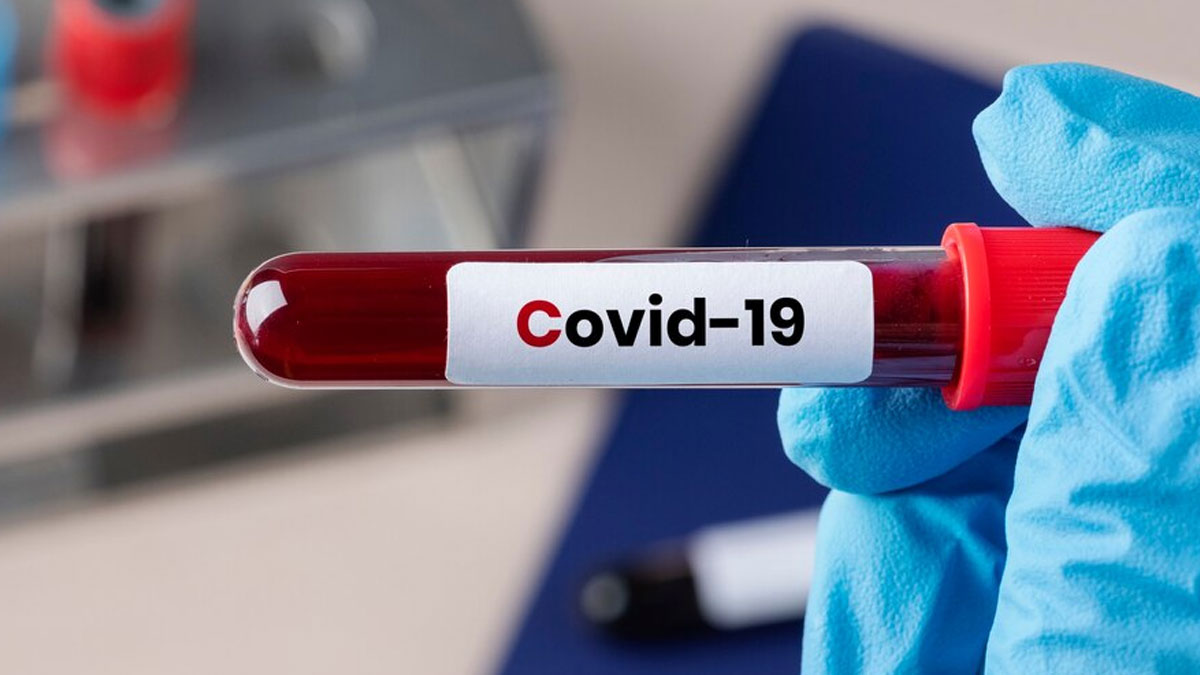
Just when you think COVID is a nightmare of the past, some new piece of information or news breaks about it. In recent news, a study from Imperial College London found that even after recovering from COVID-19, people might experience difficulties with thinking and remembering things for at least a year.
Table of Content:-
They noticed this by comparing how well people who had COVID-19 did on memory and thinking tasks compared to those who didn't. This study called REACT Long COVID, involved over 141,583 participants who tried out various tasks to see how their brains were doing. The tasks were done online, and they looked at things like memory, problem-solving, and paying attention.
Study Results
The results of the study published in the New England Journal of Medicine showed that people who had been really sick from COVID-19, or who had symptoms for a long time, tended to have more trouble with their thinking and memory skills.

Out of the 141,583 people who started the brain tests, 112,964 finished them. When the researchers compared those who had COVID-19 with those who didn't, they found that people who had symptoms for less than 4 weeks or at least 12 weeks had similar small problems with thinking and memory compared to those who didn't have COVID 19. But those who still had symptoms after 12 weeks had bigger problems with thinking and memory.
The researchers found:
- This was especially true for those who had been hospitalised or got sick early in the pandemic when the virus was different.
- Even people who had mild COVID-19 symptoms could still have these issues with thinking and remembering later on.
- Those who had long-lasting symptoms that eventually got better had similar problems to those who had shorter illnesses.
- COVID-19 seemed to affect different parts of thinking, especially memory. People had trouble remembering things they had seen or heard recently, and they also had some difficulties with tasks that involved planning or reasoning.
- People who got COVID-19 when the original virus or the B.1.1.7 variant was around had more problems than those who got it later.
- And people who had to go to the hospital, especially to the intensive care unit, had even bigger problems.
Professor Adam Hampshire, one of the researchers, said that until now, it was hard to measure how COVID-19 might affect thinking and memory in many people. But with this study, they could see that there were indeed some small but noticeable changes. He also mentioned that how much COVID-19 affected someone could depend on things like how long they were sick, which variant of the virus they had, and whether they had to go to the hospital.
Also Read: Every Time You Get Infected By COVID, It Shoots Up Your Chances Of Long COVID: Study

Managing IQ Loss Due To COVID
Professor Paul Elliott, another researcher, added that it's good news that people who had long-lasting symptoms but eventually got better might see improvements in their thinking abilities. He also noted that as the pandemic went on, fewer people were having long-term symptoms, and those who did weren't as affected in their thinking abilities, especially with the Omicron variant.
But, they emphasised the importance of keeping an eye on the long-term effects of COVID-19 on both health and thinking abilities, given how many people have been affected by it.
The study concluded that people who had symptoms for a long time after COVID-19 had similar problems with thinking and memory as those who had it for a shorter time. But even those with short-term symptoms still had a bit of trouble with thinking and memory. We're not sure yet if these problems will last a long time or if they will affect people's health in the future.
Also watch this video
How we keep this article up to date:
We work with experts and keep a close eye on the latest in health and wellness. Whenever there is a new research or helpful information, we update our articles with accurate and useful advice.
Current Version